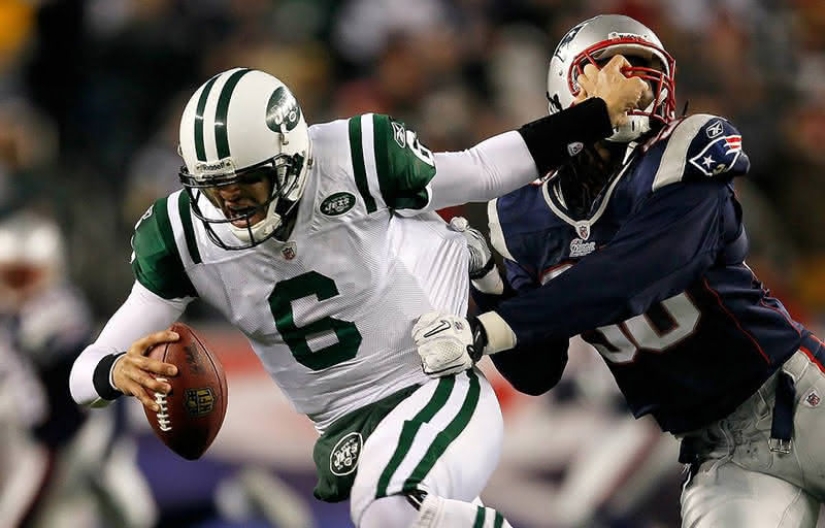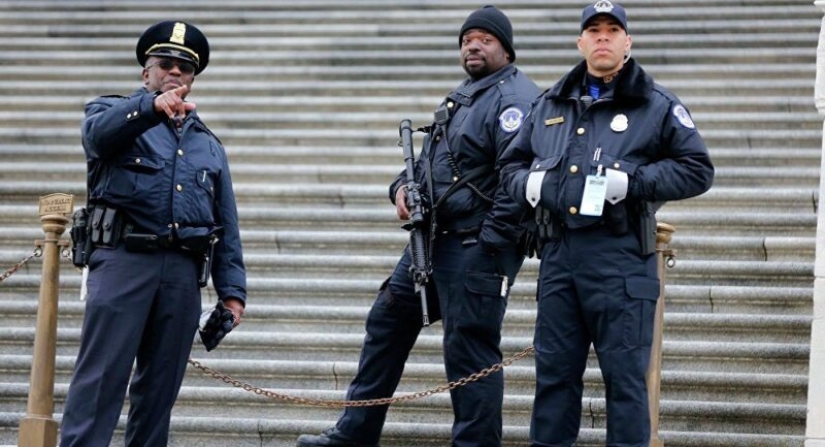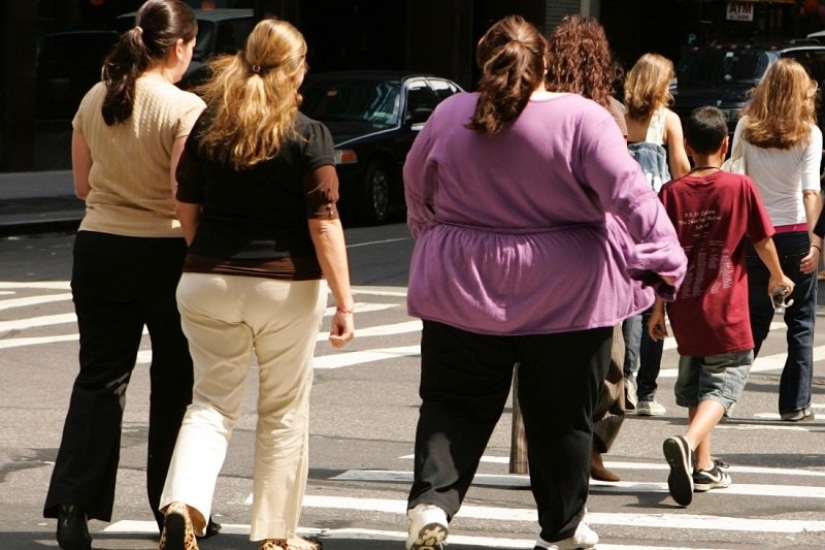Debunking the stereotypes about the United States created by cinema
Categories: North America
By Pictolic https://pictolic.com/article/debunking-the-stereotypes-about-the-united-states-created-by-cinema.htmlAlmost everyone who comes to the United States for the first time is at a loss. This country is too different in reality from its "cinematic" image. Instead of skyscrapers, guests are greeted by one - and two-story houses, instead of fabulous oil cars, old Dodges, and instead of smiling athletes from the "Rescuers of Malibu", tired people with extra pounds and a lot of problems. Let's see what else is different about America, which is presented to us by Hollywood, from the real country.


Judging by American movies, young people do nothing but hang out, party, and travel. At the same time, the movies rarely show "at whose expense this banquet". In fact, only a few people who are supported by rich parents can afford to live on a large scale. Most guys and girls live very modestly and know how to count money.

The Dream Factory shows us Americans as a nation made up of soccer players, rugby players, basketball players, bodybuilders, and cheerleaders. But this is not true at all, and it is not easy to meet sports citizens of the United States on the street. According to statistics, no more than 19-20% of Americans regularly exercise.

We were taught that in America, everyone eats exclusively fast food. I must say that this is not entirely untrue, because the cult of fast food in this country is actually very developed. But it's fair to say that Americans are divided into two groups, one of which includes fans of big macs and Cola, and the other representatives of the other extreme – fanatically following the diet and taking into account every calorie.

In the movies, we often see how the hero goes into a gun store, carefully chooses a revolver or shotgun, calculates and goes to save the world. In fact, it is easier to buy weapons in the United States than in Russia, but not so much that you can buy them in passing, like a pack of chips. Obtaining a permit is not an easy process and it is not given to everyone who wants it.

In action movies, we are often shown clever and charismatic criminals who easily deceive clumsy police officers and even federal agents. But in real life, this does not happen – the guards of the law in the United States are very professional and often outstrip the attackers by two steps ahead. The chances of escaping harsh justice are negligible.

Wide-shouldered curly-haired guys and long-legged curvy beauties always look at us from the screens, but do not give in to this illusion. The chance to meet a person of model appearance is much higher in Moscow than in Los Angeles. The majority of Americans tend to be overweight and are too busy to watch their appearance from morning to night.

It seems that the people of the United States have long been living in the future, with its electric cars, miniature gadgets and "smart" homes. But this is a stereotype imposed on us, which has nothing to do with reality. Many US residents still use push-button phones, and some do not even have a computer. In schools, you can most often see old computers with the same "tired" monitors.

We are constantly shown empty Central Park and Times Square with a few passers-by. But if you get to these world-famous places yourself, you will be shocked by the crowds of tourists, through which sometimes you can not push through. About the same can be said about the beaches of Florida and California, which are quite well filled, despite the large length.

Cinematic Americans never take off their shoes at home and even sometimes fall into them on sofas or beds. Yes, in the United States, the streets are cleaner than in our country, but not to the extent that basic hygiene rules are ignored. In real life, normal people will never climb on the bed in shoes.
Keywords: USA | Crime | North America | Hollywood | Stereotype | Guns | Cinema
Post News ArticleRecent articles

It's high time to admit that this whole hipster idea has gone too far. The concept has become so popular that even restaurants have ...

There is a perception that people only use 10% of their brain potential. But the heroes of our review, apparently, found a way to ...
Related articles

This project full of sexual desire and diverse energy dynamics. Look at women through the eyes of a woman, talented photographer ...

In the fall of 1972, Bill Yates traveled through the countryside in the vicinity of Tampa, Florida. At that time, he was studying ...

Horror is a genre of cinema that has become a springboard into the big cinema of many venerable Hollywood actors. Laurence ...

New Year's is a time to surprise and delight loved ones not only with gifts but also with a unique presentation of the holiday ...